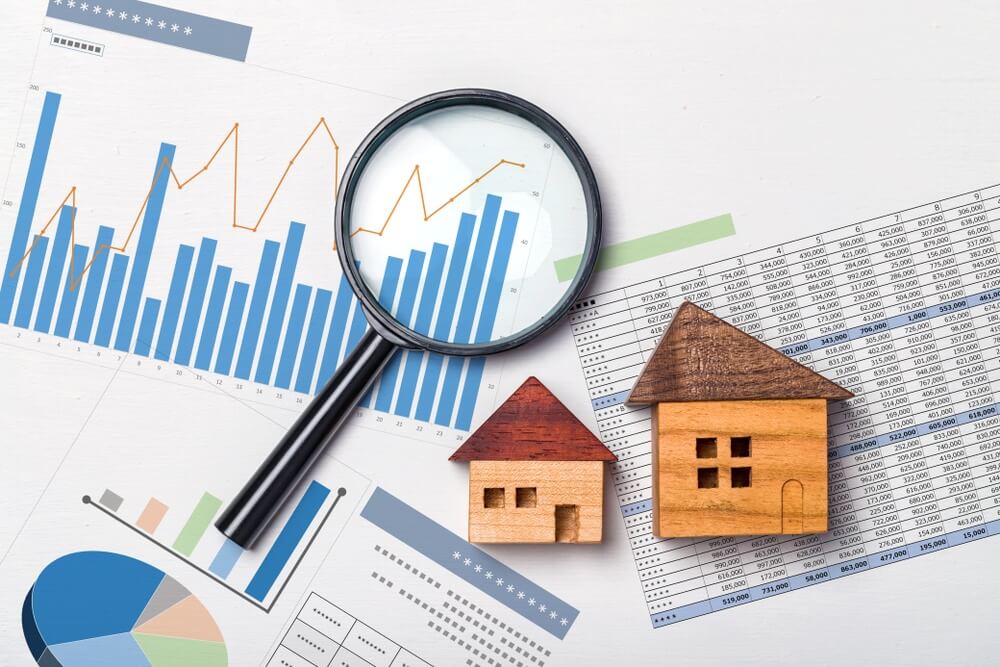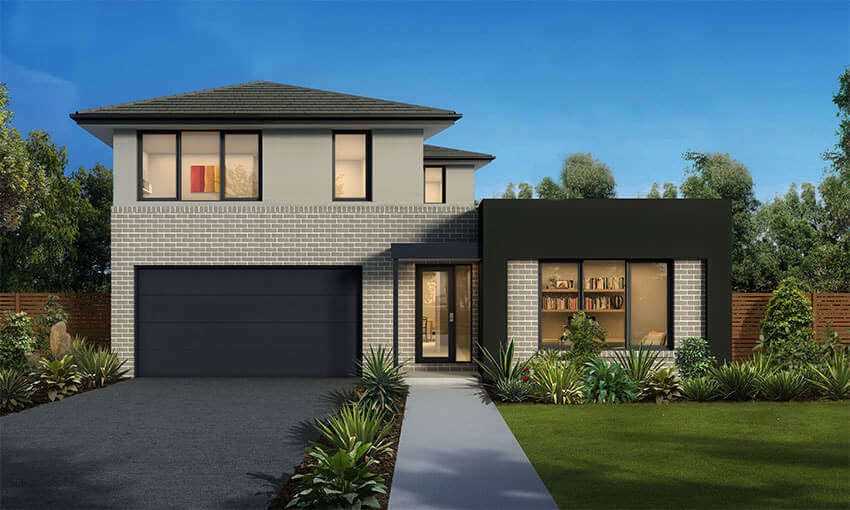
Location | 5 tips to choosing the right area to invest in
So you’re ready for an investment property – congratulations! Now to find the right one. There are a few things to consider when it comes to finding the right location to invest in. Broadly speaking, these are neighbourhood, population growth, tenant demand, local price growth and planned developments in the area. Let’s expand on these key things that can help inform your decision.
1. Neighbourhood
The neighbourhood in which you buy will determine the types of tenants you attract. Buy near a university, chances are that students will dominate your pool of potential tenants and you could struggle to fill vacancies over the Christmas break. Young families will be attracted to locations with schools, while professional couples often seek homes in close proximity to CBD areas.
Once you’ve narrowed down the search area, tour the neighbourhood and check out the local parks, restaurants, gyms, shops, public transportation links and all the other lifestyle perks that attract renters.
2. Population growth
Population growth is a good indicator of rental returns. Compare population year on year for any suburb or location you’re interested in, and consider a drop in numbers a red flag for that area. You can find the latest numbers, broken down State by State and with a snapshot of highest-growth suburbs, at the Australian Bureau of Statistics.
3. Tenant demand
If a neighbourhood has an unusually high number of listings, it may signal a seasonal cycle or a neighbourhood in decline – you need to find out which it is. In either case, high vacancy rates force landlords to lower rents to attract tenants. Conversely, low vacancy rates allow landlords to raise rents. SQM Research is a good resource to check vacancy rates and other key investment indicators.
4. Local price growth
Rental income will be your bread-and-butter, so you need to know the area’s average rent. Make sure any property you consider can bear enough rent to cover your mortgage payment and other expenses. Research the area well enough to gauge where it might be headed in the next five years.
5. Planned developments in the area
Your local Council will have information on developments or plans that have already been zoned into the area. Simply a walk around the neighbourhood can give you a good indication of development; if there is a lot of construction going on, it is probably a good growth area. That said, certain new developments can hurt the price of surrounding properties – do your research.
Every state has good cities, every city has good neighbourhoods and every neighbourhood has good properties. It takes a lot of footwork and research to line up all three. When you end up finding your ideal rental area, keep your expectations realistic, and make sure your own finances are healthy enough to support the investment until it starts to generate income.
Experience
the
Difference
Ready to start your building journey? Chat to our team of experts today and get a FREE personalised quote
Find Out More
Related Posts




